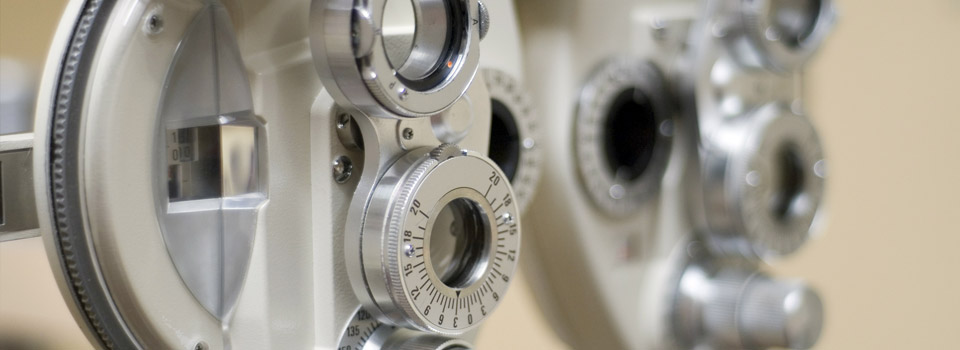 Living in the North Okanagan means a full four seasons of temperature changes, which can affect the hydration levels of the tear film on the surface of your eyes. The contrast of cold winter temperatures outdoors and dry heat indoors can dry out the tear film. This also happens in the summer with our dry heat outdoors (and often smoke from forest fires), and indoor A/C or fans.
Living in the North Okanagan means a full four seasons of temperature changes, which can affect the hydration levels of the tear film on the surface of your eyes. The contrast of cold winter temperatures outdoors and dry heat indoors can dry out the tear film. This also happens in the summer with our dry heat outdoors (and often smoke from forest fires), and indoor A/C or fans.
Common symptoms of dry eye syndrome include stinging/burning eyes, red eyes, irritation, gritty/sandy feeling, and watery eyes (yes - excess tearing can be a sign of dry eyes!).
Dry eyes tend to become more of a problem as we get older. Dry eye syndrome is often associated with inflammatory diseases such as rheumatoid arthritis, Lupus and Sjogren’s Syndrome, as well as skin conditions like rosacea and psoriasis, and finally systemic diseases such as thyroid disease and diabetes. Dry eyes are often caused by or associated with oil gland dysfunction in our eyelids, and often occur in conjunction with blepharitis (inflammation of the eyelids).
Dry eye treatment varies based on the underlying cause of the dry eye. The mainstay of dry eye treatment involves adding lubrication to the eye surface in the form of over-the-counter artificial tears. Dietary omega 3 oils are recommended, and these are great for your general health as well! We also want to treat your eyelids to make sure they are clean and free of build-up, so our oil glands can naturally secrete oils into our tear film. For more severe dry eye disease, prescription drops like Restasis may be prescribed by your optometrist.
Tips to keep your eyes hydrated and comfortable
- Stay hydrated – drinking water, eating fruits and vegetables
- Eat your omega 3s – via fatty fish or flaxseed in your diet, or a supplement
- Use a humidifier – offset the dry air in your environment
- Use artificial tears
- Warm compresses
- Wear wrap-around sunglasses to protect eyes from sun and wind
- Avoid blowing air at your eyes from car heaters/fans, ceiling fans, blow dryers, etc.
- Don’t smoke cigarettes and avoid cigarette smoke
- Take breaks when working on the computer – we blink about 50% less when staring at a screen!
- Avoid Visine and ClearEyes drops with vasoconstrictors (the ones which claim to get the red out!) and stick to basic artificial tears


